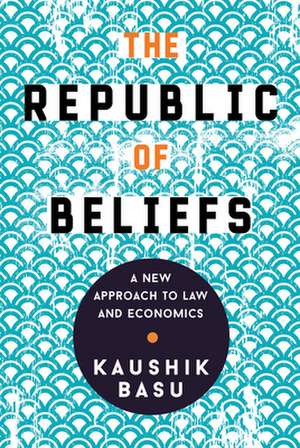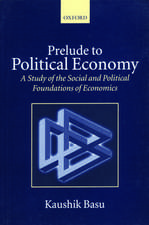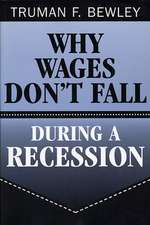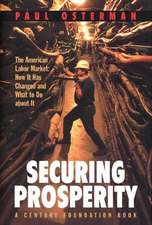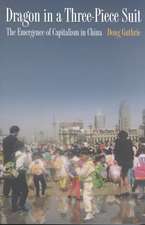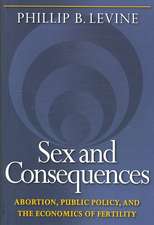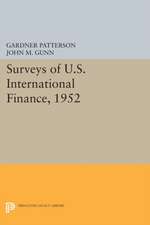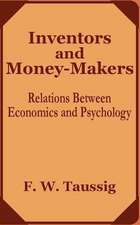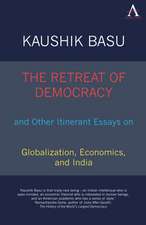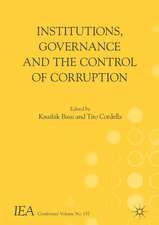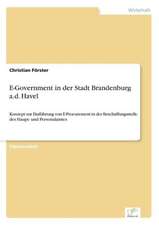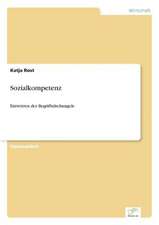The Republic of Beliefs – A New Approach to Law and Economics
Autor Kaushik Basuen Limba Engleză Paperback – 20 dec 2020
"This is a fascinating and important book. Focused on what goes on in people's minds, Basu offers an ambitious new account of why people obey the law. A major contribution for theorists and practitioners alike."--Cass Sunstein, author of #Republic
"The Republic of Beliefs tackles one of the great unanswered questions of law--why is it that some laws are effective at changing people's behavior, while others languish, unenforced by the state and ignored by the public? This question is an urgent one, both in developing and advanced countries. With a spare, elegant style, Basu offers a deeply satisfying game-theoretic account while educating readers with little background in economics."--Eric Posner, coauthor of Radical Markets
"Each society is like a game and laws provide some of the rules of the game. In this delightful and penetrating book, Basu offers a new approach to law and economics that flows from a deep understanding of the society-as-game paradigm. After reading The Republic of Beliefs, your perspective on the role of the legal system in economic development will never be the same."--Herbert Gintis, author of Individuality and Entanglement
"'Kaushik Basu's blend' An economist who always questions the most fundamental assumptions of economics. A person who has phenomenal knowledge of the real world and clear views about how to improve it. While reading this book, I felt as if Basu was talking directly to me, with his intonation, his penetrating gaze, and above all his unbounded intellectual excitement and love for human beings."--Ariel Rubinstein, Tel Aviv University and New York University
"Economics takes for granted the existence of a reliable legal framework for economic interaction, but has largely ignored how that legal framework is produced. This book is a long-overdue and critical contribution to the study of this foundational question. Emphasizing the core idea that a legal order is created by influencing people's beliefs about what others will do, Basu provides a much-needed basis for a reinvigorated law and economics."--Gillian Hadfield, University of Southern California
"In this thought-provoking book, Basu urges us to think in new and better ways about pressing problems at the intersection of economics and the law. His masterful command of the economist's toolbox and broad understanding of the legal-economic nexus combine to generate a road map for exploring important questions left unaddressed by the traditional law and economics paradigm."--Steven G. Medema, author of The Hesitant Hand
"In seeking to answer the big question of jurisprudence--what is law--Basu presents an argument that is elegant, interesting, and useful."--Oren Sussman, University of Oxford
Toate formatele și edițiile
| Toate formatele și edițiile | Preț | Express |
|---|---|---|
| Paperback (1) | 182.44 lei 6-8 săpt. | |
| Princeton University Press – 20 dec 2020 | 182.44 lei 6-8 săpt. | |
| Hardback (1) | 283.68 lei 3-5 săpt. | |
| Princeton University Press – 28 iun 2018 | 283.68 lei 3-5 săpt. |
Preț: 182.44 lei
Nou
34.91€ • 36.71$ • 28.85£
Carte tipărită la comandă
Livrare economică 16-30 aprilie
Specificații
ISBN-10: 0691210047
Pagini: 264
Dimensiuni: 156 x 234 x 17 mm
Greutate: 0.27 kg
Editura: Princeton University Press
Notă biografică
Descriere
A leading economist offers a radically new approach to the economic analysis of the lawIn The Republic of Beliefs, Kaushik Basu, one of the world's leading economists, argues that the traditional economic analysis of the law has significant flaws and has failed to answer certain critical questions satisfactorily. Why are good laws drafted but n
